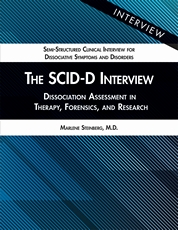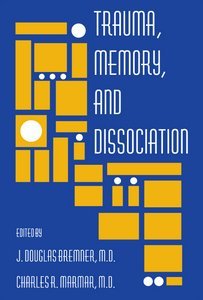Dissociation
Culture, Mind, and Body
View Pricing
Description
Dissociation challenges many comfortable assumptions. Dissociative phenomena are often stark, extreme, and vivid. The identities of individuals with dissociation disorders shift between apparent opposites. Their pain is ignored. Trauma victims report floating above their injured bodies. Are these arcane, dramatic, or staged events, or does dissociation underlie some fundamental aspect of mental organization? Is dissociation the product of a troubled mind or a key to understanding the structure of consciousness and the mind-body relationship?
Dissociation: Culture, Mind, and Body is the first book to combine cultural anthropology, cognitive psychology, neurophysiology, and the study of psychosomatic illness to present the latest information on the dissociative process. A variety of leading experts in each of these fields bring their knowledge on the unique role that dissociation plays in moderating social and psychological effects on the body. Dissociation: Culture, Mind, and Body is an invaluable resource for every student of dissociation and is designed for professionals in cross-cultural psychiatry and the influence of the mind on the body. Dissociation: Culture, Mind, and Body includes
- New theories of dissociation
- New measures of dissociation
- New evidence of the physical effects of dissociative processes
Contents
Dissociation: The Phenomenon.
Dissociation, defense, and the unconscious. Dissociated control, imagination, and phenomenology of dissociation.Measuring Dissociation.
Studying the interaction between physical and psychological states with the Dissociative Experiences Scale. Systematizing dissociation: symptomatology and diagnostic assessment.Culture and Dissociation.
Pacing the void: social and cultural dimensions of dissociation. Culture and dissociation: a comparison of ataque de nervios among Puerto Ricans and possession syndrome in India.Dissociation: Mind and Body.
Dissociation and physical illness. Physiological correlates of hypnosis and dissociation. Conclusion.
About the Authors
David Spiegel, M.D., is Professor of Psychiatry and Behavioral Sciences, and Director of the Psychosocial Treatment Laboratory at Stanford University School of Medicine, in Stanford, California.
Related Products
Carousel Control - items will scroll by tabbing through them, otherwise arrows can be used to scroll one item at a time





